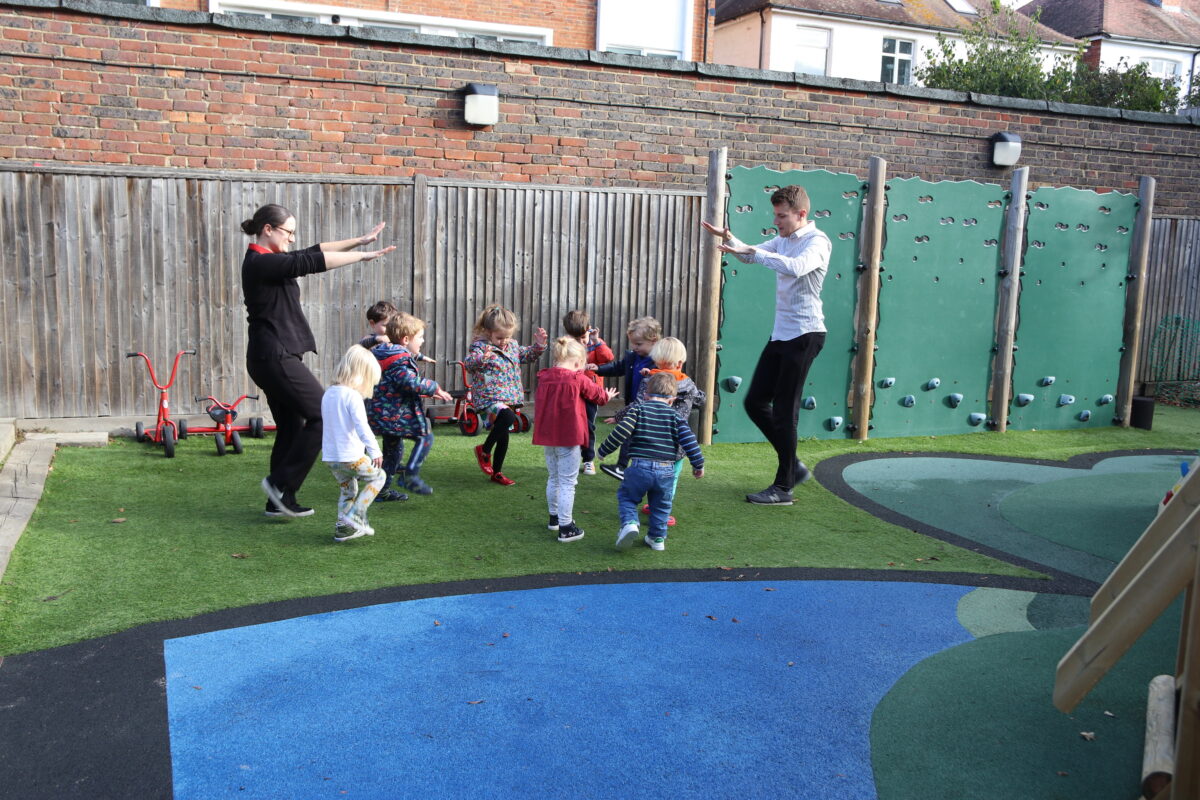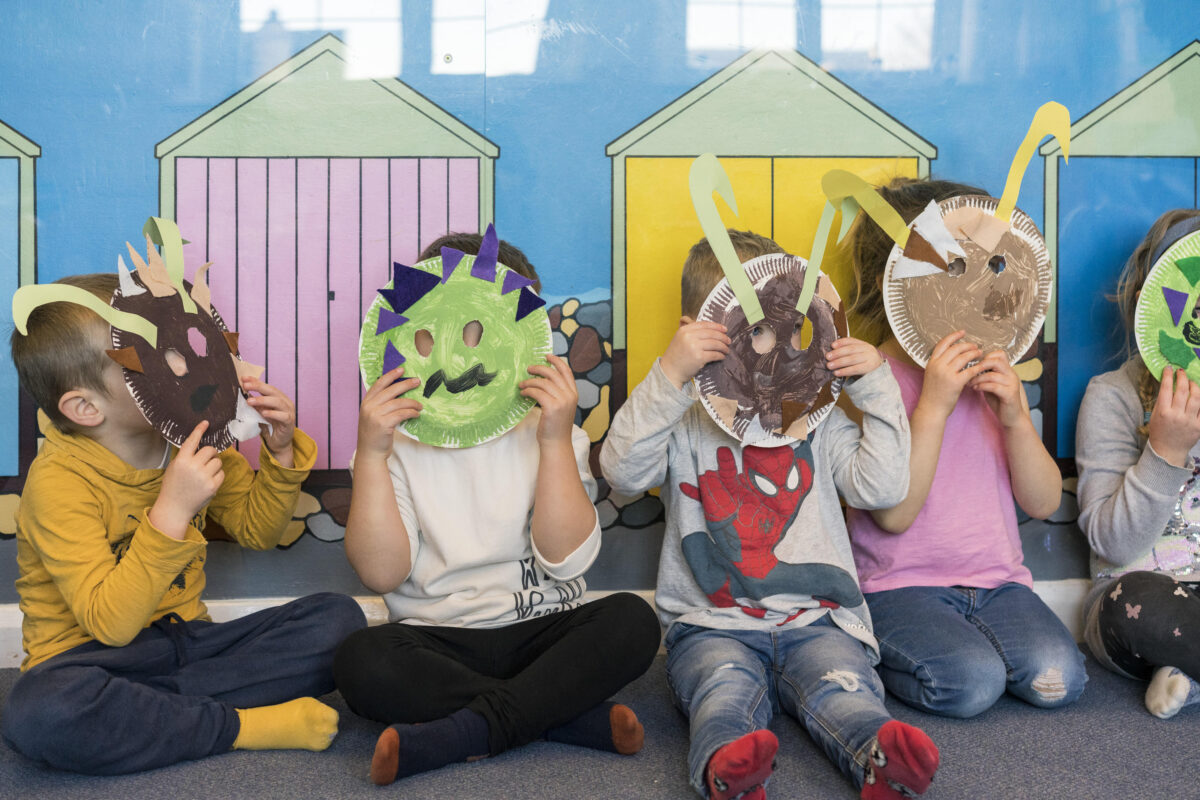Preschool
Scroll for more

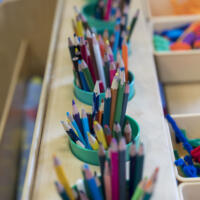
Preschool Curriculum
In the build up to starting school, we provide our preschool children with a more structured approach to learning, which greatly supports their eventual transition to school.
But that doesn’t mean we don’t love learning through play too!
Imaginative play encourages creativity, inventiveness and playfulness and helps promote social bonds and relationships. Group activities and social events, such as eating and together, support children for a smooth transition from nursery to school.
Many schools feedback to us that they recognise Hopscotch children due to their school readiness and we take pride in helping our children be confident and settled ahead of their exciting new starts.
| A Typical Day in the Preschool Room | |
|---|---|
| 8am - 8.30am | Welcome song, breakfast and calm activities |
| 8.30am - 10.00am | Garden time or a local trip to keep active! |
| 10am - 10.15am | Healthy snack time |
| 10.15am - 10.45am | Structured activities to aid learning |
| 10.45am - 11.45am | Lunch time to refuel! |
| 12pm - 2pm | Garden time for more fresh air |
| 2pm - 3pm | Group science experiment |
| 3pm - 3.30pm | Healthy snack |
| 3.30pm - 4.30pm | Story time to help concentration and focus |
| 4.30pm - 5.00pm | Maths and literacy focused activity |
| 5.00pm - 5.30pm | Home time! |

Learn more
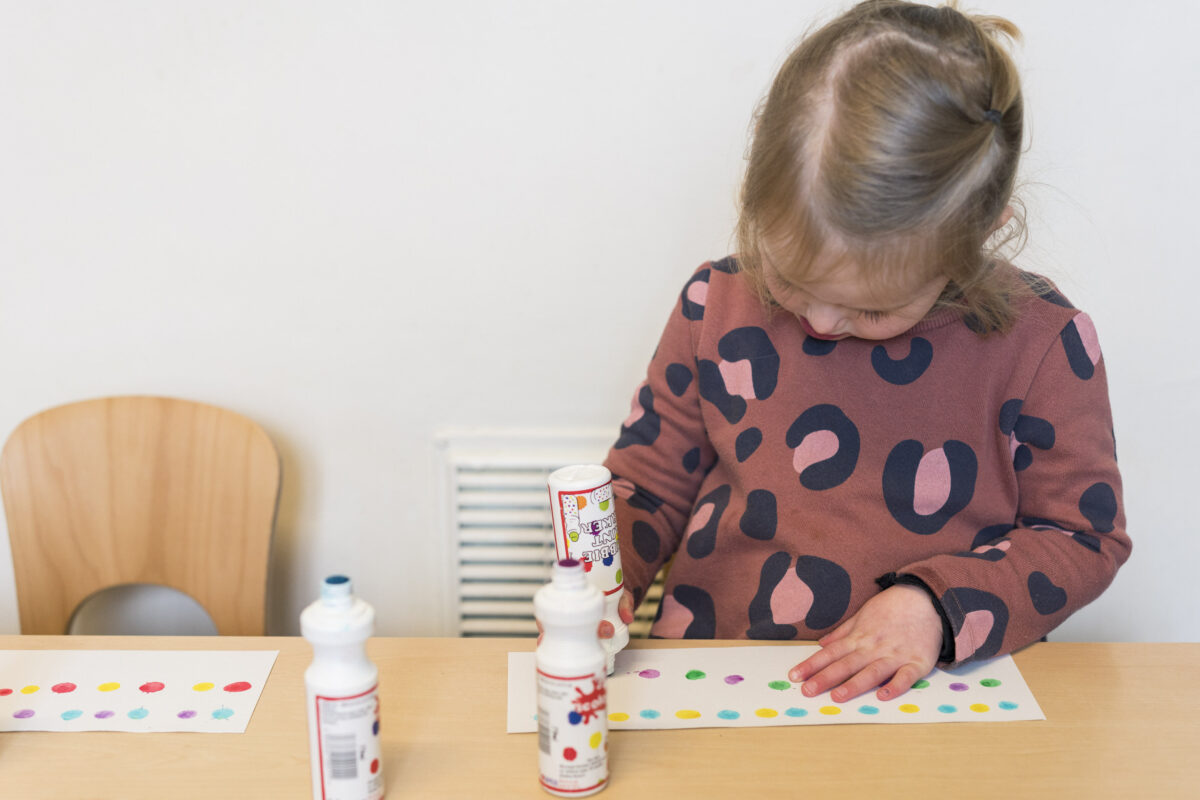
Reading and Writing
Our activities are designed to encourage strong communication and promote literacy through the reading and reciting of stories, poems and rhymes. We also learn to link sounds and letters as well as working towards recognising them in their written form, including learning to write letters and names!
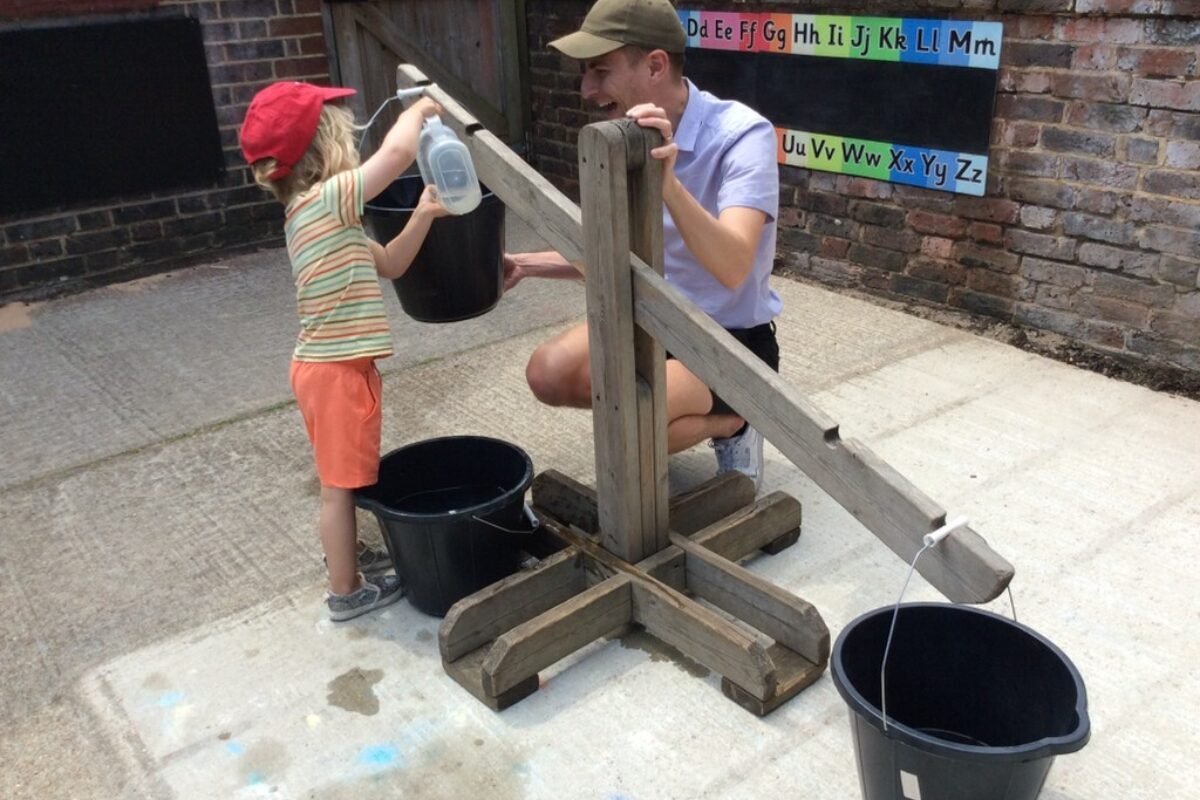
Numbers and Experiments
There are also opportunities for numeric and problem solving games, counting, sorting and using mathematical language. We use role play activities, like going to a shop or supermarket, to allow children to practise their real world interactions but also to help develop their counting and number recognition in different situations. Sometimes we might even go on a trip to a real shop to take this a step further!
We also organise scientific experiments and ask the children about their expectations for what might happen and then compare what actually does happen and we discuss why things are similar or different.
